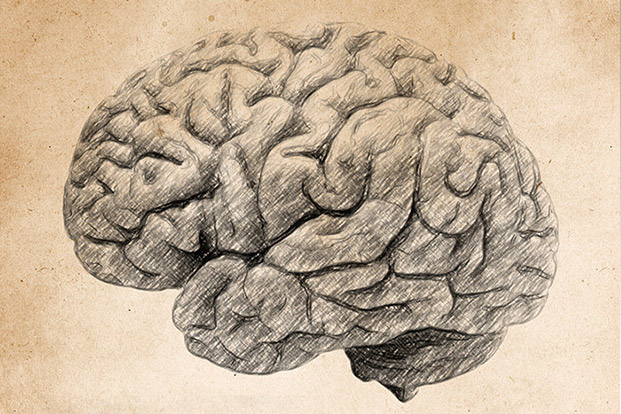What to do if your child is diagnosed with Brain Tumor?
Apr 19, 2022
In India, every year 40,000-50,000 people are diagnosed with brain tumor, of which 20 per cent are children. If you come to know that your child is suffering from a brain tumor, remain calm and try and focus on your to do list. Your first is to find a hospital/doctor that specializes in the treatment and your second step is to be prepared to support your child in his/her treatment and recovery.
Where will I find the right specialists?
Usually parents end up getting into a shell due to the shock. It is important that you get on your toes as time is of essence. Talk to your pediatrician and get a recommendation on a hospital that has:
- A renowned Neuro Care Centre: The same shall help in facilitating the diagnosis and the treatment. The team of neurosurgeons and neurologists shall work in close coordination.
- A well established cancer hospital: A hospital that caters to cancer patients, provide a multidimensional aspect of options of treatment – surgical, medical and radiation
Talk to people, take reviews and settle in for a hospital or a doctor that you trust the most.
Remember a clear diagnosis takes time

Brain Cancer or Tumor is the second most common type of cancer in children after Leukemia. Don’t jump to conclusions if the prelim diagnosis suggests that there is a mass in your child’s brain. Usually the same is confirmed after more imaging tests like MRI, CT, a biopsy or a surgical resection.
What kind of questions should you ask after confirmation?
After it is has been confirmed that your child has brain tumor, it is important that you ask the following questions.
- Where is the tumor located?
- What are the options available for treatment?
- What are the next steps to follow and what can you expect from them?
- What are the benefits and risks of the treatment procedure recommended such as surgery?
- What is the expected time of recovery?
These aspects help you get a clear picture of the situation and mentally prepare yourself. Remember that you are your child’s strength. Your reactions affect him/her. So it’s important to be strong and confident.
#DrVSMehta









